Food and eating can be really enjoyable for your toddler, especially if you set a good example as a family by all eating in the same way, and trying to eat together. This may mean you need to take a look at what you’re eating too!
How much is enough?
The amount your little one eats depends on their size and how much they run about. Toddlers grow more slowly than babies, but they still have growth spurts – often around the time they start to walk or after they’ve had to fend off an illness. Toddlers can eat everything in sight one day and pick like a bird the next. Provided they’re growing at a healthy rate, there’s no need to worry.
The same applies if they seem to live on just a few foods; keep offering new foods and try to encourage but not force them to try. As long as a range of healthy choices are on offer, most kids seem to balance their food intake over time.
Little and often
Most kids like to eat little and often. That’s because they have small stomachs so it’s easier for them to cope with three small meals and two to three small snacks rather than three big meals. It’s important that they don’t feel overwhelmed and that you spot when they’re full. As long as you’re not filling them up with sweets or drinks between meals, you’ll soon get to know their eating pattern.
Creating a balanced diet
Your child needs foods from five main groups every day to maintain a healthy diet, and here’s how to ensure they get them. There’s plenty of choice – even for the fussiest eaters!
Pasteurised full-fat milk and dairy food
Milk, cheese, yoghurt, fromage frais, milk puddings, tahini and calcium-enriched milk alternatives are needed for strong bones and teeth.
Remember that children can drink ordinary full fat cow’s milk from 12 months, so you don't need 'follow on milk' at any stage. You can find out more about milk and other drinks here.
Servings per day: 3.
Meat, fish, eggs, beans, nuts and other non-dairy sources of protein
Lean meat, white fish, oily fish, chicken, eggs, nuts (particularly peanuts) and pulses (beans, peas, lentils), Quorn™ and tofu are needed for growth and repair.
Servings per day: 2-3 portions if vegetarian sources.
Bread, rice, potatoes, pasta
Rice, bread, pasta, breakfast cereals, potatoes, sweet potatoes are needed for energy and a healthy digestive system.
Servings per day: 4 (ideally including some wholemeal and wholegrain varieties).
Fruit and vegetables
Apples, pears, satsumas, grapes cut lengthwise, melon, plums, mangoes, bananas, tomatoes, carrots, courgettes, mushrooms are needed for general health and healthy immune and digestive systems.
Servings per day: Aim for 5 a day, of which 2 should be veg – fresh, frozen, canned and dried all count.
Oils and spreads
Use vegetable oils such as olive or sunflower oil for cooking, and vegetable margarine (e.g. sunflower) on bread or toast fingers. This is needed for energy, absorption of vitamins A, D and E.
Servings per day: Babies up to age 2 need high-energy foods for brain development, so more fat is needed in their diets. After that they can gradually move to a lower-fat diet, the same as the rest of the family, as recommended in the Scottish Government's Eatwell Guide.
Things to avoid
Try to keep away from the following:
- Sugary foods can cause tooth decay. Found in sweets, biscuits, cakes, sugar-coated cereals, doughnuts, fruit quashes (diluting juice), fizzy drinks, fruit juices and smoothies. Our page on snacking has some ideas for healthy snacks you can try instead.
- Caffeine stimulates the central nervous system and leads to over activity. Found in coffee, tea, cola and some fizzy drinks.
- Salt – too much can cause kidney damage and lead to high blood pressure. Found in crisps, salted snacks, bacon, ham and other processed meats.
- Shark, marlin and swordfish should be avoided until 16 years of age (due to high levels of mercury in these fish which can affect children's nervous systems). Unlikely to be on the menu we know, but just in case!
- Raw shellfish shouldn't be given to babies because it increases the risk of food poisoning.
- Babies and children should not have raw, unpasteurised milk and dairy products, such as cheese made from unpasteurised milk, due to the increased risk of food poisoning.
 Activities & Play
Activities & Play Behaviour
Behaviour Childcare
Childcare Development & Growing Up
Development & Growing Up Family, Friends & Relationships
Family, Friends & Relationships Feeding Your Baby
Feeding Your Baby Food & Eating
Food & Eating Health & Safety
Health & Safety Mental Health & Wellbeing
Mental Health & Wellbeing Money & Work
Money & Work Online Behaviour & Safety
Online Behaviour & Safety Pregnancy & First Days
Pregnancy & First Days School & Education
School & Education Sleep
Sleep

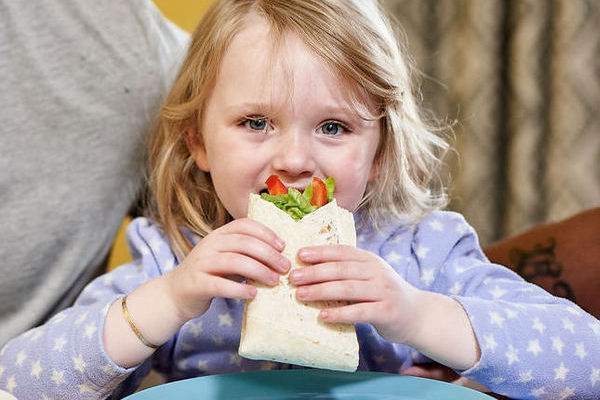
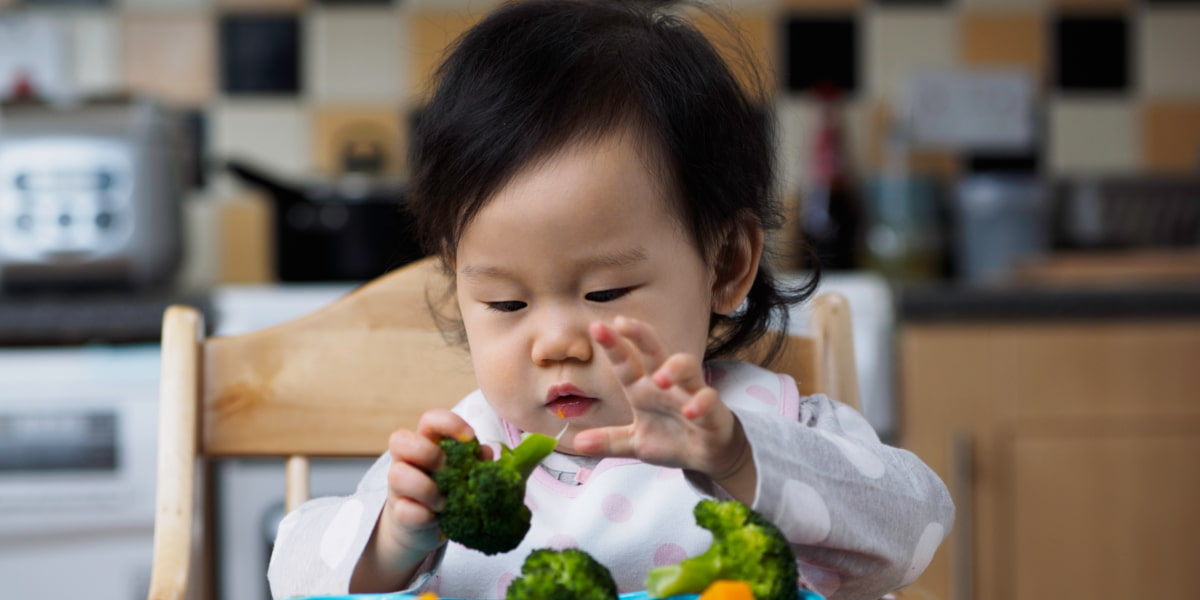
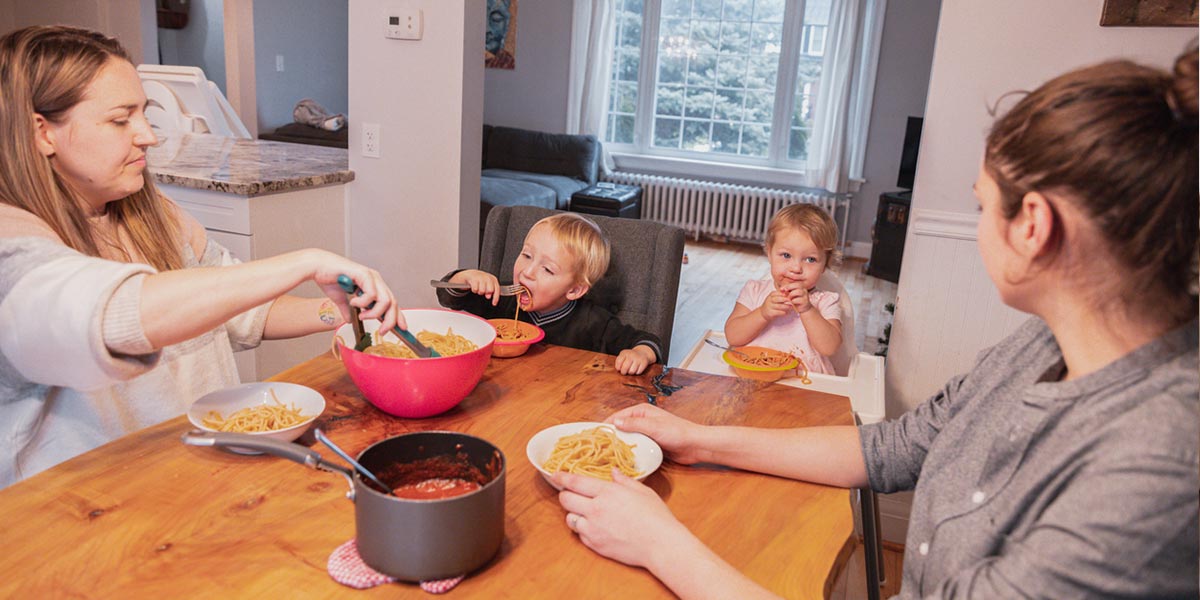
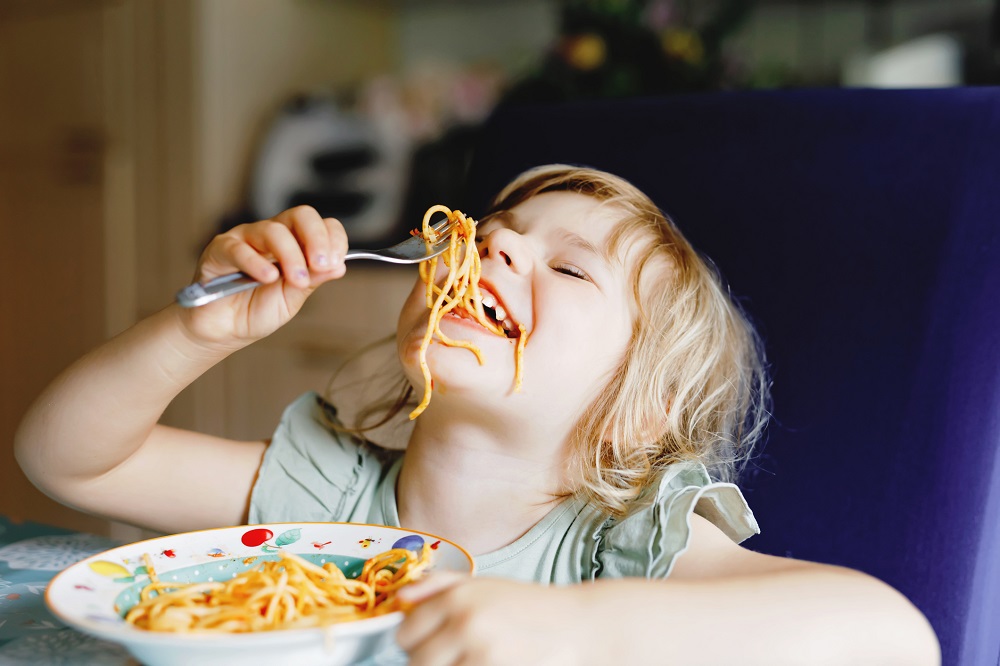
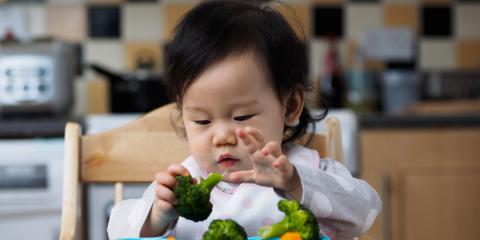
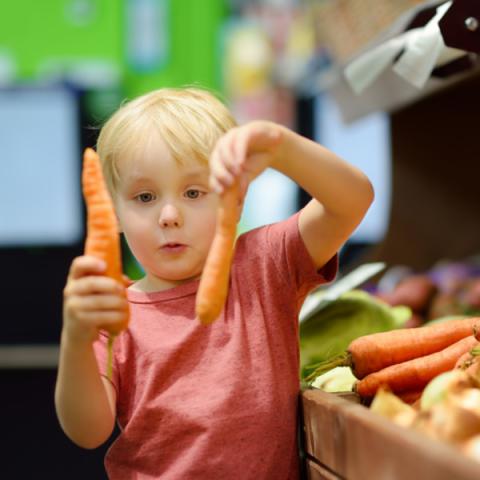
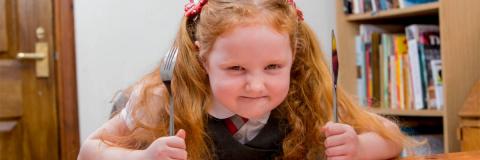


 Behaviour
Behaviour
 Activities & Play
Activities & Play